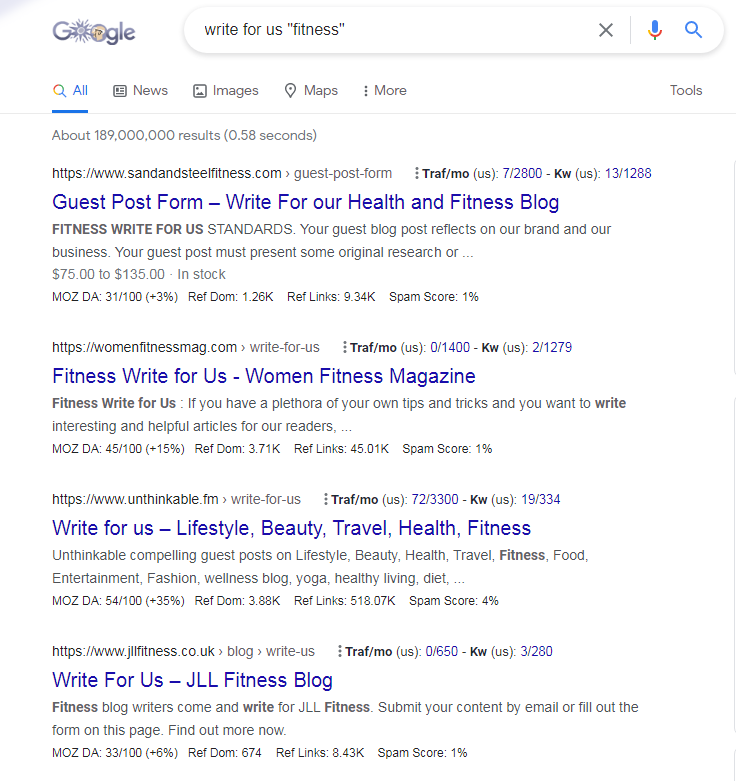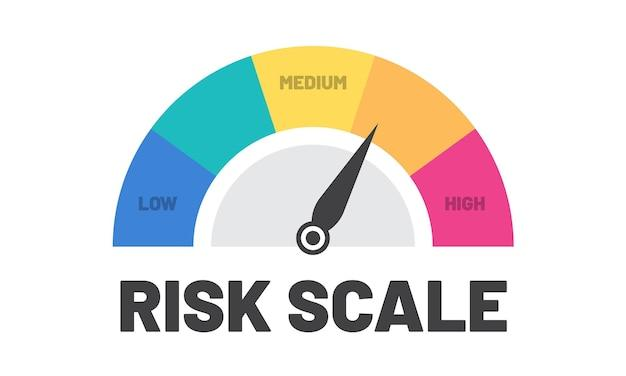White Hat vs Black Hat Link Building
Link building and the various ways to do it has always been under the microscope. White hat vs. black hat link building is a fierce debate in the SEO world.
There’s no denying the fact that link-building is one of the most powerful ways to boost your website’s authority and rank higher on search engines.
However, following the best search engine optimization practices is difficult without knowing the intricacies of each method.
You can spend weeks devising the best link-building strategy, but your site could be at risk of a manual or automated penalty if it falls under a black hat practice.
In this blog post, I’ll cover the differences between white hat and black hat link-building and tell you why white hat link building services are your best bet to growth.
So let’s get started.
Table of Contents
White Hat vs Black Hat Link Building in a Nutshell
What is White Hat Link Building?
Examples of White Hat Link Building
What is Black Hat Link Building?
Examples of Black Hat Link Building
White Hat vs Black Hat Link Building in a Nutshell
| White Hat Link Building | Black Hat Link Building |
| Follows search engine link building guidelines | Violates search engine guidelines |
| Links are earned through high-quality content | Links are created through low-quality directories, PBNs, and Link farms |
| Has a long-term SEO value | Has a short-term SEO value |
| Fewer chances of Google penalty | Higher chance of Google penalty |
| Focuses on value exchange instead of backlinks | Focuses on getting backlinks only |
What is White Hat Link Building?
White hat link building is a link-building process that poses fewer risks for your website. Simply put, you follow Google’s link-building guidelines and design a long-term link-building strategy focusing on “value exchange.”
Since most white hat links are acquired through manual link building, your website has fewer chances of being penalized during an algorithm update.
Why? Because you’re carefully vetting the websites and offering “value” for web users in exchange for a backlink.
Examples of White Hat Link Building
Value exchange is a broad term with different meanings for every business. Here are some prime examples of white hat link-building techniques that offer something valuable for web users and online businesses in exchange for a link.

Linkable Content
Linkable content is a heavily researched article or blog post sharing unique information unavailable elsewhere on the internet.
The best part about linkable content is that websites will post/link back to the source organically because you are producing something original.
Linkable content is thorough and catered to a specific audience, making it evergreen. For example, a guide on how to buy a car provides value for automobile dealerships, and they’d link back to your original content to help their customers.
Infographics
Infographics are a visual representation of data providing an easy-to-understand overview of the topic you are covering.
It’s a creative approach to linkable content and can be used in conjunction with it.
Taking the example of the automobile website, you can add more value to your linkable content by designing an infographic around it. For instance, perhaps one that shares the maintenance cost and fuel efficiency of different cars.
However, with a supplementary blog post, you can use infographics as a standalone white hat link-building asset as well.
Keep in mind that infographics are more than a visual representation of data. They are supposed to be engaging and fun to read.
Guest Posting
There is no better way to add value to link building than by offering a free blog post or an article.
Guest posting is the most powerful white hat link-building technique. Marketers often use it for brand awareness and link building.
But the main problem is finding niche relevant websites because guest posts on out-of-industry sites may harm your site rankings.
To find guest posting opportunities, you can search phrases like
- Write for us “keywords”
- Guest contribution “keyword”

Besides the ones I mentioned, there are other Google search operators to find niche-specific guest posting sites.
You can add more value to your guest posts by sharing industry data and infographics.
However, some websites don’t allow infographics, so reviewing their content requirements is best before pitching your guest post.
Obtain Backlinks from Suppliers and Buyers
Solicited links fall under the white hat link building.
Since you are in a working relationship with your supplier or partner, you can ask them for a link in their blog post.
It is one of the easiest white hat link-building strategies, and your suppliers would be willing to link back to your site if your business has been valuable to them.
Unlinked Mentions
Unlinked mentions are pieces of content that mention your brand or product without linking to your site. You can find these mentions in social media posts, podcasts, blogs, and videos.
By reaching out to these websites, you can acquire a strong backlink. They’ll be happy to do so because they have already mentioned you in their content.

What is Black Hat Link Building?
Black hat link-building techniques are any practices that go against Google’s link-building guidelines.
Practitioners of black hat SEO often exploit website loopholes, buy low-quality links, and attempt to trick search algorithm.
Results can be quick, but more than likely short term.
Keep in mind: not all paid links are considered black hat SEO. Google clearly states that in their paid link guidelines.
So how do you determine which links are black hat?
Examples of Black Hat Link Building
Search result manipulation through link building is a clear violation of Google guidelines. Here are some prime examples of black hat link-building techniques that might lead to a Google penalty.
Private Blog Networks (PBNs)
A private blog network is a cluster of sites designed to boost the ranking of a master site by passing link juice.
For instance, an online clothing store with multiple fashion blogs dedicated to passing do-follow links to the master is an example of PBNs.
PBNs solely aim to boost page rankings without adding value for the web user. This violates Google’s guidelines because it affects the quality of search engine results.
Link Farms
Link farms are websites designed to sell links to other sites. A link farm owner might add your site’s link to an existing post or a guest post.
They often look like a regular website but there are red flags you can spot. Here are some signs to look out for.
- Poor content quality
- Article on unrelated niches
- Poor inbound link profile
Link farms may have a high domain authority because sometimes they are created by purchasing expired domains.
You should stay away from link farms because Google’s algorithm is smart enough to track them.
Link Schemes
Link schemes are any links created for the sole purpose of ranking higher on search engines. But according to this definition, aren’t all link-building strategies considered link schemes?
Not really; if we dig deeper into this definition, it points towards links acquired without any value exchange for the web user.
Such links include (amongst others)
- Blog commenting,
- Low-quality directory submissions
- Low-quality forum submissions,
- Hidden links
To justify your links, you need to provide value for your backlink. Link schemes don’t do that.
They just acquire links from other sites without offering anything in return that would benefit the web user.
Risks of Black Hat Link Building
Google penalties can be very harsh if you are caught using black hat practices. The consequences can vary depending on the degree of involvement.
Here are some things that might go wrong if you take the black hat approach to link-building.

Drop in Search Engine Traffic
You’ll start noticing a drop in your search traffic. If you don’t take appropriate actions, the consequences might turn severe.
Complete Loss of Web Traffic
Sometimes, your website might get trapped in a link farm without you realizing it. This happens when you trust the wrong link-building services. If you don’t clean your backlink profile, your site might de-rank for all the keywords you were ranking for, resulting in a complete traffic loss.
Lifetime Penalty
When you are neck-deep into black hat link building, you risk completely losing your website. This is because Google might blacklist and remove your website from its index. As a result, your site gets penalized for a lifetime, and you lose any chance of getting it back.
Slow Recovery
Google severely punishes black hat link-building practices, but you can recover while the damage is minimal. However, your site will recover slowly because Google doesn’t trust your business anymore.
Takeaways
Battling for top positions in SERPs is fierce, which is why black hat link building might seem appealing to some.
And although, there might be some short term gains with this tactic, you’re just setting yourself up for future penalties.
Creating a long-term link-building plan through white hat practices, on the other hand, ensures great long-term results.
Your online presence will be stronger and more durable moving your business towards sustainable growth.












